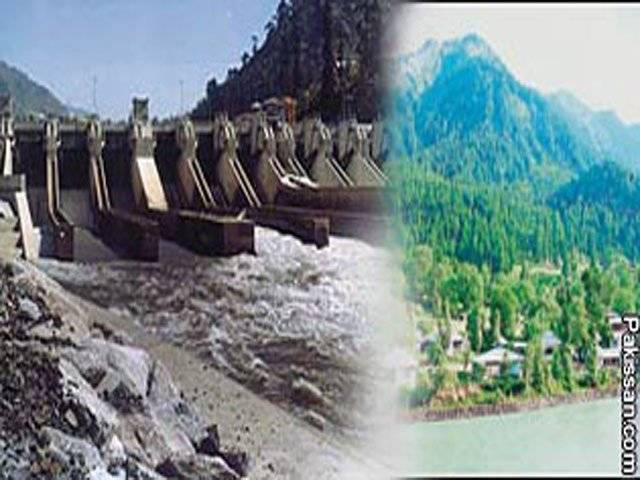ISLAMABAD - Deliberately or inadvertently, the man who represented Pakistan at the International Court of Arbitration to explain the Islamic Republic 's case on Kishanganga Dam played into Indias hands, and is wrongly projecting Islamabads loss as its gain. Special Assistant to Prime Minister on Water Kamal Majeedullah has reportedly facilitated India to get the decision on controversial tunnel to divert water from Wullar Barrage to Kishanganga Dam in its favour from The Hague-based court, TheNation learnt through sources in the Ministry of Water and Power. The sources said the ICA in its interim order had not barred India from continuing work on the tunnel, the main demand made by Pakistan, but the Special Assistant was dubbing the court decision as endorsement of Pakistans point of view. As per the law, if 80 per cent work on some project is completed, the opponent party cant get it reversed from the International Court of Arbitration, just done in the case of Pakistan on Kishanganga Dam and the tunnel linking Wullar Barrage with the dam to divert water ostensibly for power generation. The sources said the work on controversial 22km long tunnel from Kishanganga to Wullar Barrage Dam was in progress since 2008 but when Pakistan intended to take the matter to the International Court of Arbitration in January this year, India convinced Pakistan for an out-of-court settlement. However, after dragging Pakistan in a futile dialogue, just aimed at gaining more time and completing maximum work on the project, it declared that talks had failed. The sources said that the Pakistani officials dealing with the matter, before entering into dialogue, did not even bother to get some assurances from India to stop work on the project, which was almost 50 per cent complete by then. The sources are of the view that Pakistani side had committed criminal negligence by granting India time to almost complete the project - and thus providing the court with a justification to endorse what, factually speaking, is violation of the Indus Water Treaty. Some experts commenting on the current status of the case said that when Pakistan had a very strong case and also knew that India could not be trusted in talks, they should have avoided agreeing to settle the matter out of the court. Under the Indus Water Treaty India can build run of the river dam to generate electricity but cannot re-route water. The law also says that if a party thinks that something wrong, is going on it is required to take up the matter immediately. The nine-month time starting from January to September proved enough for the Indians to complete the tunnel and get the decision in their favour, the sources said. TheNation has also learnt that Advisor to Prime Minister Shumaila Jaffri and Special Assistant PM on Water Kamal Majeedullah went to Holland to plead the case in the International Court of Arbitration in January this year. But they didnt appear in the court as Indians offered them to settle the matter outside the court. It is worth mentioning here that due to this rerouting of water through the said tunnel almost 200-km area in Kashmir would suffer. All the Indians wanted and our representatives knew as well was to gain time to complete 80 per cent work on the tunnel so that they could get the benefit afterwards in the court. Same happened later that the talks brought no result and meanwhile India kept working on the most controversial tunnel from the Kishanganga Dam to Wullar Barrage. Despite repeated calls, Kamal Majeedullah did not respond nor did he give his version.
Friday, April 19, 2024
Pakistans loss projected as gain

PTI founder’s interim bail extended in three cases
12:00 PM | April 19, 2024
US encourages Pakistan to prioritise and expand economic reforms
11:42 AM | April 19, 2024
Hafiz Naeem takes oath as JI chief, announces anti-government movement
11:39 AM | April 19, 2024
Faizabad commission report leaked, it should be made public now, suggests Abbasi
11:11 AM | April 19, 2024
A Tense Neighbourhood
April 19, 2024
Dubai Underwater
April 19, 2024
X Debate Continues
April 19, 2024
Hepatitis Challenge
April 18, 2024
IMF Predictions
April 18, 2024
Kite tragedy
April 19, 2024
Discipline dilemma
April 19, 2024
Urgent plea
April 19, 2024
Justice denied
April 18, 2024
AI dilemmas unveiled
April 18, 2024
ePaper - Nawaiwaqt
Advertisement
Nawaiwaqt Group | Copyright © 2024





